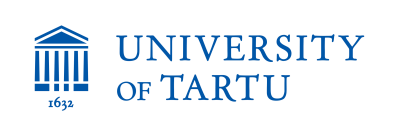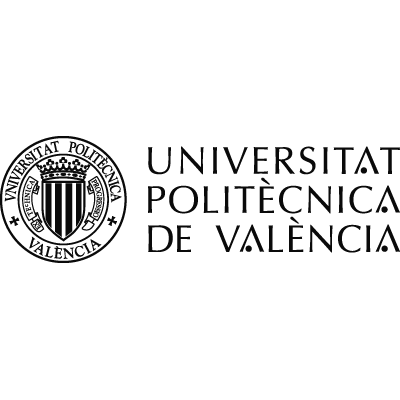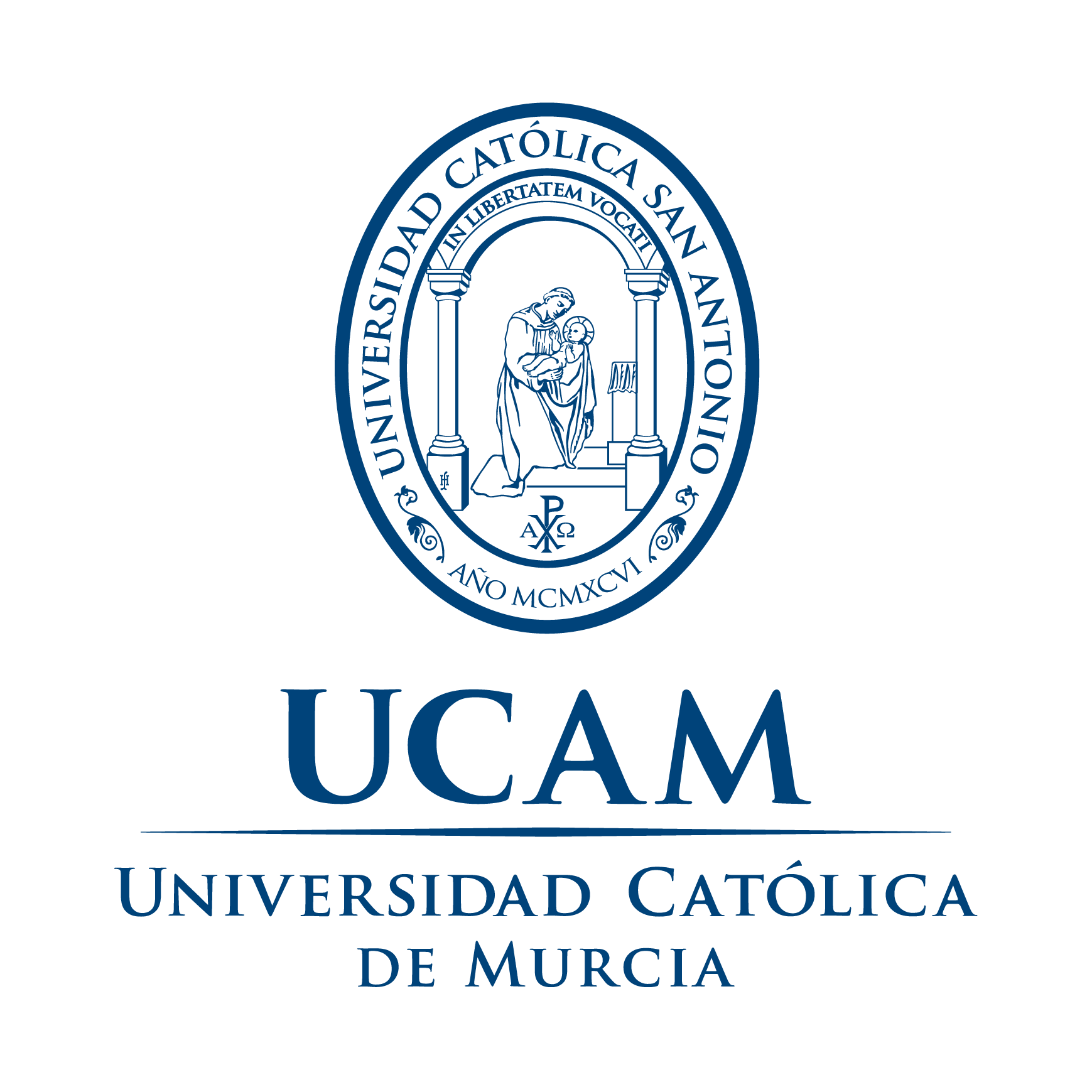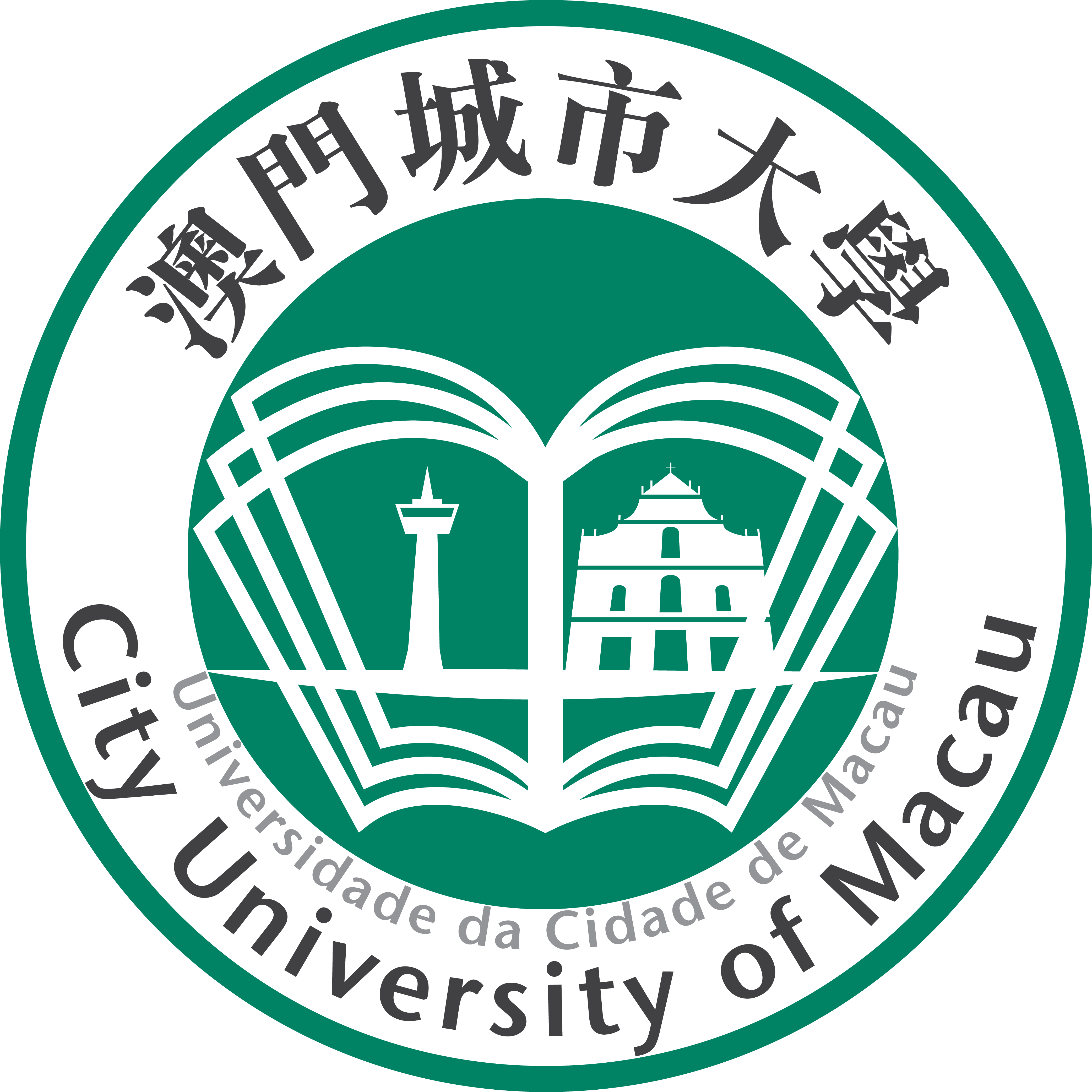About the University of Malakand
Basic information and contact details for the University of Malakand
Rankings
Select the type of rankings below to see stats
World University Rankings 2025
Breakdown via year: Teaching
Ranking positions 2022 to 2025
Impact Rankings
Select the type of ranking below to see stats
Impact Ranking positions 2020 to 2023
Discover similar universities
Find out more about studying, research and jobs at these universities
suggested
Key Student Statistics
A breakdown of student statistics at the University of Malakand
- Student gender ratio
- 28 F : 72 M (1)
- International student percentage
- 1% (1)
- Students per staff
- 27.2 (1)
- Student total
- 8852 (1)
Based on data collected for the (1) World University Rankings 2025
Jobs you might be interested in
You may want to explore jobs from other universities which are relevant to you
See all
Subjects Taught at the University of Malakand
See below for a range of subjects taught at the University of Malakand
Life Sciences401–500th
- Biological Sciences
Physical Sciences401–500th
- Chemistry
- Geology, Environmental, Earth and Marine Sciences
- Physics and Astronomy
- Mathematics and Statistics



















